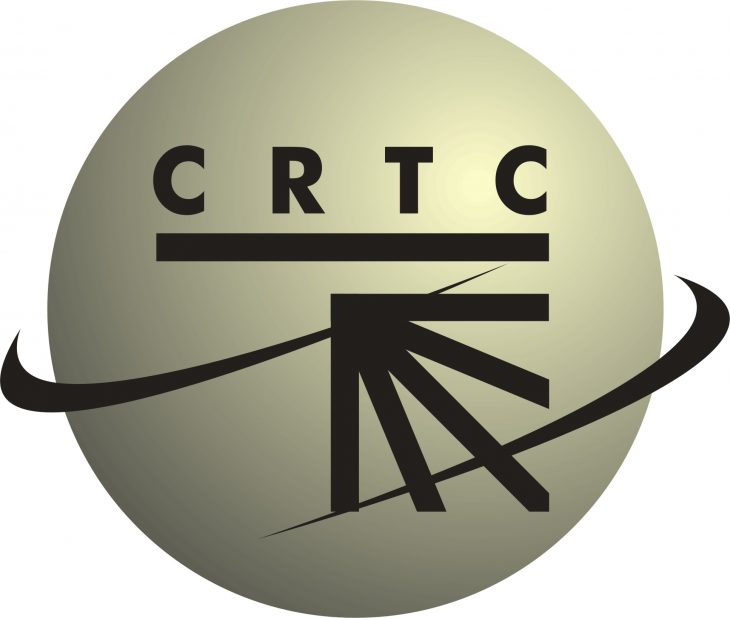
By Denis Carmel
GATINEAU – The ongoing saga between Cloudwifi, a CLEC from Ontario, and Bell Canada took another turn last week, as the CRTC on Thursday issued a denial to Cloudwifi’s request to have a 2019 decision changed.
The decision, 2020-419, was the outcome of a Review and Vary request filed by Bell Canada regarding Decision 2019-218. In that decision the Commission “determined the differences between in-building copper and fibre are greater than previously anticipated and that the tariff for in-building copper access connections may not have been the correct model on which to base the tariff for in-building fibre access, even on an interim basis, and may have contributed to potentially improper connections.
“Accordingly, the Commission rescinded the interim tariff, except for connections that were in place before 16 December 2019 (i.e. the date 2019-419 was issued), which had the effect of stopping any further connections based upon the interim tariff,” reads Thursday’s decision.
Cloudwifi complained because it could not access fibre inside wire until a tariff can be set, forcing it to install their own fibre to offer service to end users.
The Commission, in last week’s decision, added “While Cloudwifi argued that having CLECs install their own fibre in order to provide service to end users in MDUs renders inoperative a Commission policy that fosters competition and end-user choice, the Commission finds that this conclusion is incorrect. Indeed, allowing any CLEC, once it has its fibre in place, to provide services to all MDU residents who request its services actually results in a more competitive environment and in more end-user choice, which clearly aligns with the Commission’s guiding principle of encouraging competition.”
Finally, Cloudwifi claimed the decision defied “a Commission policy which has been in force for two decades, and which is designed to foster competition and end-user choice.”
The Commission replied Cloudwifi had not identified which specific Commission policy it meant. “The Commission considers that this absence of clarity makes it even more difficult to conclude that Cloudwifi has demonstrated that there was substantial doubt as to the correctness of Telecom Decision 2019-419.”
A public process initiated by 2019-420 issued the same day as 2019-419 to “request comments on the Commission’s preliminary views set out in Telecom and Broadcasting Decision 2019-218; consider how access to in-building wire in MDUs should be expanded; and consider appropriate rates, terms, and conditions” was suspended at the end of April, until further notice, to allow for additional process, if necessary, due to the Covid-19 pandemic.
Cloudwifi did not respond to Cartt.ca’s offer to comment.


